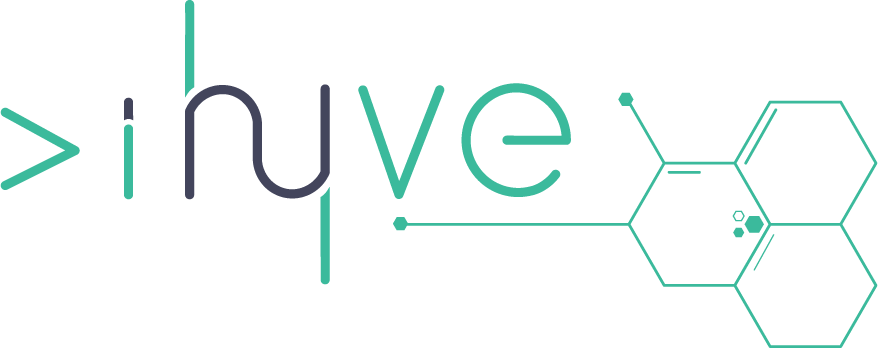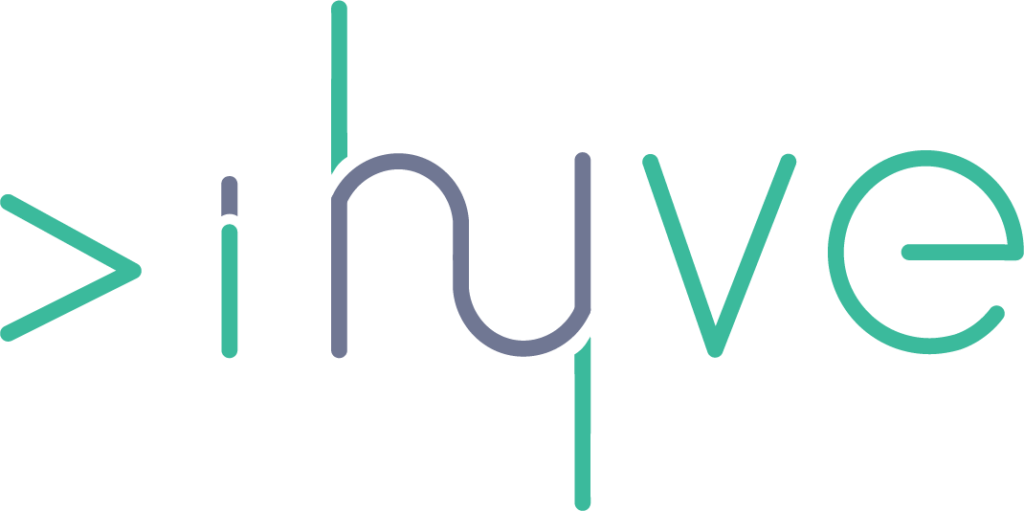Gig economy and self-employed workers can struggle with credit assessments due to a lack of traditional credit. Looking to help this sector, and others that might struggle to show creditworthiness, AI-powered transaction analytics firm, Fuse, has introduced a new income verification tool.
The Fuse tool provides lenders with detailed insights and probabilistic estimates into the income streams of prospective borrowers. All the while, it paints a fuller picture of the worker’s income despite a lack of single source income. Historically, this group have struggled to have their credit verified and assessed by lenders due to the lack of singular income. As a result, they have been at risk of being unfairly financially excluded.
The solution builds upon Fuse’s existing transaction enrichment capabilities. It uses advanced machine learning and natural language processing to provide detailed insight into a person’s financial situation. It provides lenders with a probabilistic estimate of an individual’s income. Consequently, this enables the lender to make an informed decision even in the case of an inconsistent salary.
Sho Sugihara, CEO and co-founder, Fuse by Pave, comments: “Technology is transforming the financial sector for the better, facilitating the development of models that are more inclusive, safer, and built around the best interest of consumers. We are committed to driving positive change – the launch of the Income Verification Tool is the next step in this journey. As such, we promise to make credit more accessible and affordable for those with non-traditional income patterns.”
Alternatives to traditional credit
This insight empowers lenders to make fast, accurate and responsible lending decisions using up-to-date transaction data. All without being solely reliant on the information associated with the traditional credit assessment process. As a result, lenders are able to increase acceptances and grow their customer base. All the while they can remain confident they are doing right by their customers.
Using technology to assess affordability in this way allows lenders to enter new – and often underserved – markets quickly, and offer credit options in a responsible way that supports the long-term financial health of the borrower.
The model is trained using data from the Pave app, a subscription-based, credit health builder app. It caters to underserved groups in the credit market, e.g gig economy workers. It is a key contributor to Fuse’s industry-leading understanding of lending to this sector. The tool operates on data from more than 20 banks. All of them have different standards and conventions for how transaction data is formatted.
The post Groups That Struggle With Creditworthiness Supported by Fuse Income Verification appeared first on The Fintech Times.





